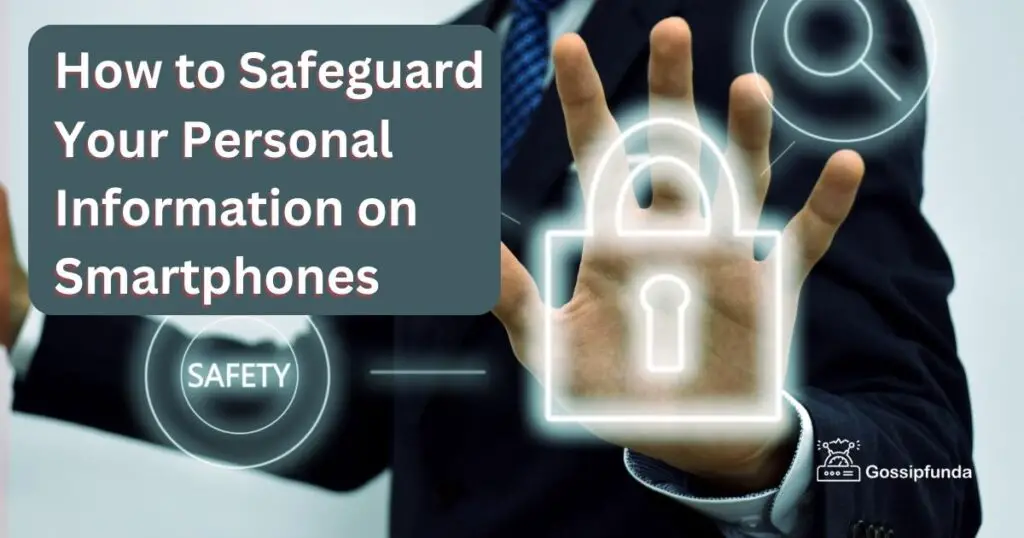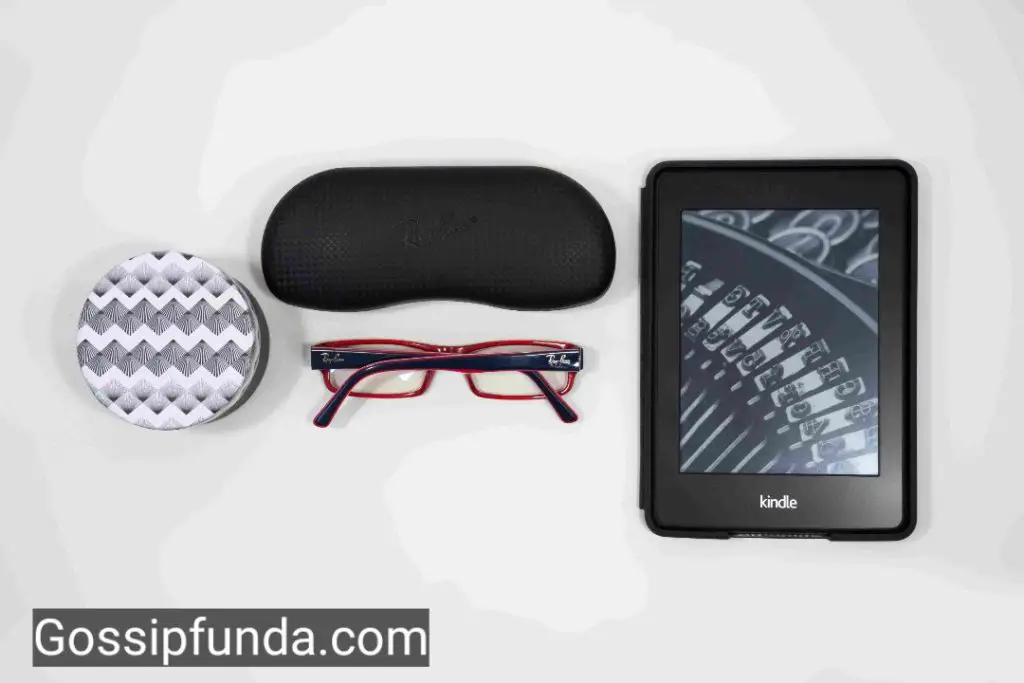In today’s digital age, smartphones have become an integral part of our lives. We rely on them for communication, entertainment, and even managing personal and financial matters. With such extensive usage, it is crucial to prioritize the security of our personal information. After all, the last thing we want is for our sensitive data to fall into the wrong hands. In this article, we will explore effective strategies and practical tips to safeguard your personal information on smartphones.

Lock Your Phone: The First Line of Defense
Imagine leaving your house without locking the front door. You wouldn’t do that, right? The same principle applies to your smartphone. The first step in protecting your personal information is to set up a strong passcode or pattern lock. A unique combination that is not easily guessable will act as a barrier between your data and unauthorized access. Additionally, take advantage of the biometric authentication options available on most smartphones, such as fingerprint or face recognition. These advanced security features provide an extra layer of protection.
Keep Your Software Up to Date
Updating your smartphone’s operating system may seem like a hassle, but it plays a significant role in keeping your personal information secure. Manufacturers regularly release updates and security patches to address vulnerabilities and strengthen the overall security of the device. By keeping your software up to date, you ensure that you have the latest security enhancements, making it harder for malicious actors to exploit weaknesses in older versions.
Be Mindful of App Permissions
Have you ever wondered why some apps ask for access to your camera, contacts, or location? These app permissions exist for a reason—to provide functionality and enhance user experience. However, granting excessive permissions can pose risks to your personal information. Take the time to review and manage app permissions on your smartphone. Only grant access to the data that is necessary for the app to function properly. Limiting access to sensitive data minimizes the chances of your personal information being exposed.
Secure Your Online Accounts
In today’s interconnected world, our smartphones serve as gateways to our online lives. Protecting your personal information goes beyond just the device itself; it also involves safeguarding your online accounts. Enable two-factor authentication whenever possible. This adds an extra layer of security by requiring a second form of verification, such as a unique code sent to your phone, in addition to your password. It significantly reduces the risk of unauthorized access, even if your password is compromised. Remember to use strong and unique passwords for your accounts. Avoid using easily guessable passwords and consider utilizing password managers to securely store and generate complex passwords for you.
Avoid Suspicious Links and Downloads
Just like you wouldn’t open a mysterious package from an unknown sender, you should exercise caution when it comes to links and downloads on your smartphone. Phishing attempts, where attackers try to trick you into revealing sensitive information, are prevalent in the digital landscape. Be skeptical of unsolicited emails, messages, or pop-up ads that ask for personal information. Avoid clicking on suspicious links and refrain from downloading apps or files from untrusted sources. Installing reputable antivirus software can provide an additional layer of protection by detecting and blocking potential threats.
Public Wi-Fi and Mobile Hotspots
Ah, the convenience of public Wi-Fi networks—accessible and free. However, they come with their fair share of risks. Public Wi-Fi networks are often unsecured, making it easier for hackers to intercept your data. Avoid accessing sensitive information, such as online banking or private emails, while connected to public Wi-Fi. If you must use public Wi-Fi, consider using a virtual private network (VPN). A VPN encrypts your internet connection, making it much more difficult for others to intercept and access your data.
Encrypt Your Data
Encryption is like putting your personal information in a secure vault. It scrambles your data into an unreadable format, making it nearly impossible for unauthorized individuals to decipher. Most smartphones offer built-in encryption options that you can enable. Encrypting your data ensures that even if your device falls into the wrong hands, your personal information remains protected.
Regularly Backup Your Data
Imagine losing all your precious photos, important documents, and cherished memories stored on your smartphone. Regularly backing up your data is essential in safeguarding it against loss or theft. Choose a backup method that suits your needs, such as backing up to your computer or utilizing cloud storage services. Cloud storage offers the advantage of accessibility from anywhere, ensuring that your data is safe even if your physical device is compromised.
Read more: Securebootencodeuefi.exe not responding
Stay Informed About Spying Apps
There are many spying apps available that allow you to enter cell number read texts free without installing on target phone. Be vigilant and look out for signs of a compromised device, such as unusual battery drain, increased data usage, or suspicious behavior. If you suspect your phone has been compromised, take immediate action by scanning your device with reputable security software and removing any suspicious apps.
While we have discussed the importance of safeguarding personal information on smartphones, it’s worth noting that there are instances where spy data can be utilized for security purposes. Spy data can help protect individuals, organizations, and even governments from potential threats.
The thought of someone spying on text messages is unsettling, but when it comes to security, spy data can provide valuable insights into potential vulnerabilities or risks. For example, organizations can employ hackers or security experts to conduct penetration testing or vulnerability assessments. These professionals use spy data techniques to identify weaknesses in systems and networks, allowing organizations to take proactive measures to strengthen their security posture.
Law enforcement agencies also rely on spy data within the boundaries of the law to investigate and prevent crimes. By monitoring and analyzing digital communications, they can gather evidence and intelligence to apprehend criminals and protect public safety.
Conclusion
In a world where smartphones have become an extension of ourselves, safeguarding our personal information is of paramount importance. By implementing the strategies outlined in this article, you can significantly enhance the security of your smartphone and protect your sensitive data from falling into the wrong hands. Remember to lock your phone with a strong passcode or pattern lock, keep your software up to date, be mindful of app permissions, secure your online accounts with two-factor authentication and strong passwords, avoid suspicious links and downloads, be cautious when using public Wi-Fi networks, encrypt your data, regularly back up your data, and find out more about spying apps.
By taking these steps, you can enjoy the benefits and convenience of smartphones while ensuring that your personal information remains private and secure.
I am passionate about my work. Because I love what I do, I have a steady source of motivation that drives me to do my best.
I’m not comfortable with settling, and I’m always looking for an opportunity to do better and achieve greatness. I have a keen interest in the technical field. Apart from this, I am a social media influencer.


